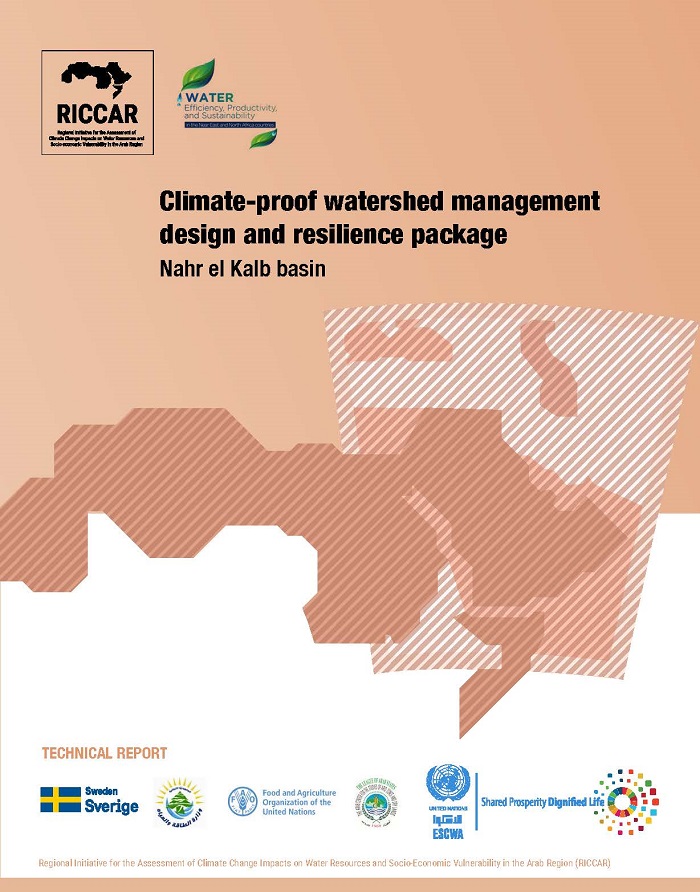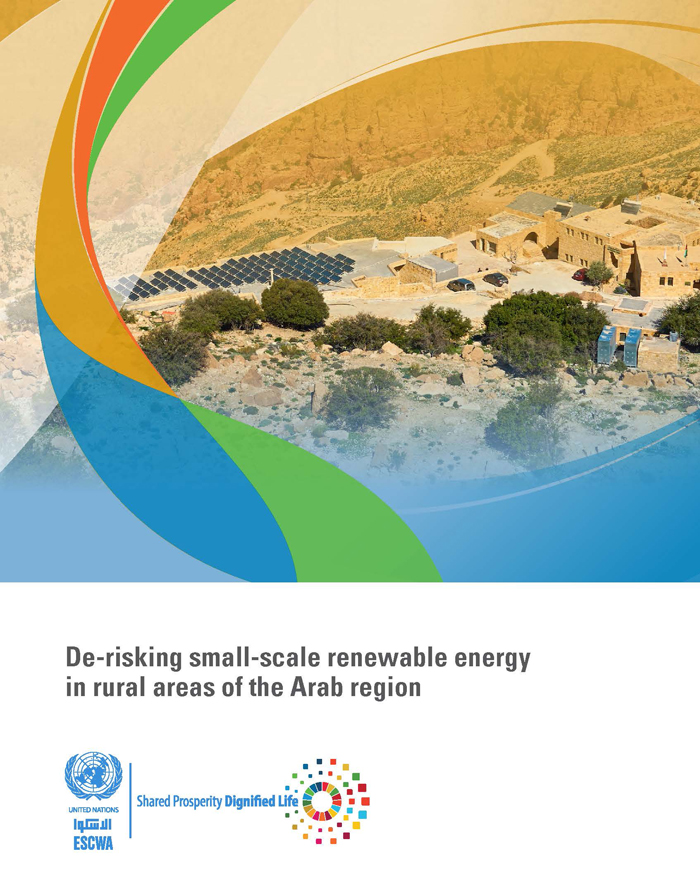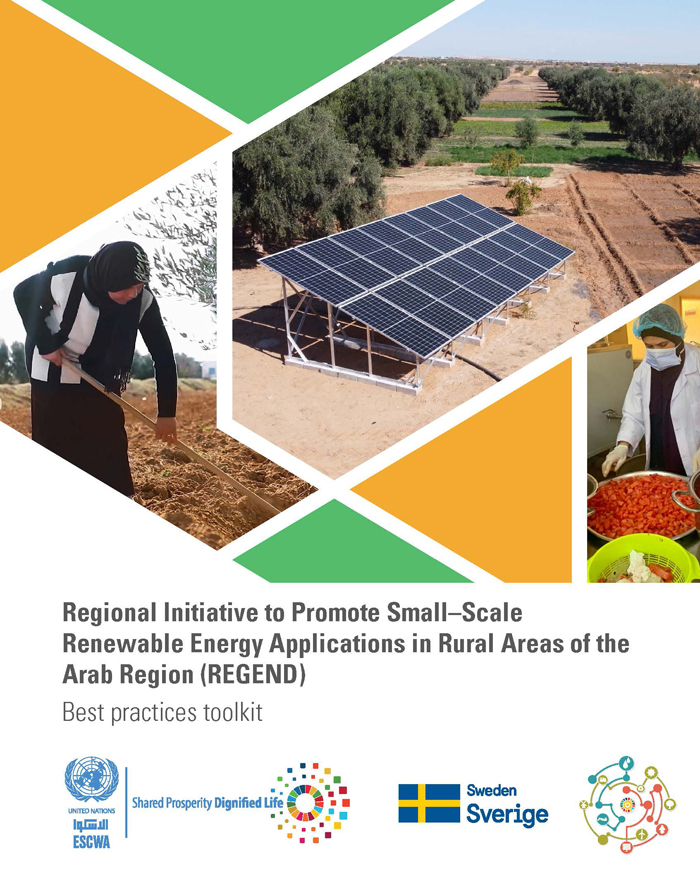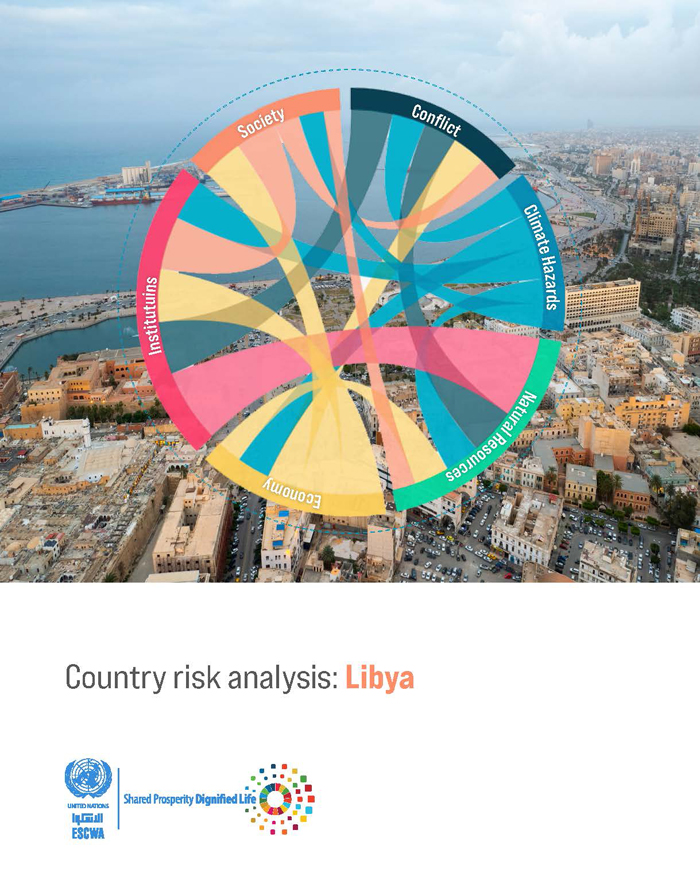
ESCWA Publication: E/ESCWA/CL1.CCS/2022/RICCAR/TECHNICAL REPORT.15
Country: Lebanese Republic
Publication Type: Reports & studies
Cluster: Climate Change and Natural Resource Sustainability
Focus Area: Climate change, Natural resource sustainability
Initiatives: RICCAR, Water & energy nexus, Advancing water and food security
SDGs: Goal 2: Zero Hunger, Goal 6: Clean Water and Sanitation, Goal 7: Affordable and Clean Energy, Goal 13: Climate Action
Keywords: River basins, Water resources, Water management, Food security, Energy resources, Climate change, Climate change adaptation, Resilience, Agricultural production, Weather forecasting, Sustainable development, Recommendations, Lebanon, Apples
Climate-proof watershed management design and resilience package: Nahr El Kalb basin
January 2024
This technical report serves as a climate-proof watershed management plan and resilience package for the Nahr el Kalb basin. Its objective is to improve water resources management in light of increasing freshwater scarcity and climate change pressures. The report results from a project implemented by the Food and Agriculture Organization (FAO) with support from the Economic and Social Commission for Western Asia (ESCWA) entitled “Implementing the 2030 Agenda for water efficiency, productivity and sustainability in the Near East and North Africa (NENA) region (NENA-WepS).”
The study process involved conducting an integrated vulnerability assessment (VA) using a methodology developed by the Regional Initiative for the Assessment of Climate Change Impacts on Socio-Economic Vulnerability in the Arab Region (RICCAR), institutional mapping and participatory consultations with relevant stakeholders. Regional climate projections and analyses of the water-energy-food nexus and projected climate change impacts on apple tree harvests in the Nahr el Kalb basin were also used to inform consultations and to generate the management plan and resilience package. Climate change projections showed an increase in average temperature and decrease in precipitation for the study area for the near (2040-2021) and mid-term (2060-2041). An increasing vulnerability trend was also found. To address these challenges, a number of detailed interventions are suggested to promote climate change adaptation in the study area.
Related content
Climate change
, Natural resource sustainability
,
This technical report serves as a climate-proof watershed management plan and resilience package for the Nahr el Kalb basin. Its objective is to improve water resources management in light of increasing freshwater scarcity and climate change pressures. The report results from a project implemented by the Food and Agriculture Organization (FAO) with support from the Economic and Social Commission for Western Asia (ESCWA) entitled “Implementing the 2030 Agenda for water efficiency, productivity and sustainability in the Near East and North Africa (NENA) region (NENA-WepS).”
The study process involved conducting an integrated vulnerability assessment (VA) using a methodology developed by the Regional Initiative for the Assessment of Climate Change Impacts on Socio-Economic Vulnerability in the Arab Region (RICCAR), institutional mapping and participatory consultations with relevant stakeholders. Regional climate projections and analyses of the water-energy-food nexus and projected climate change impacts on apple tree harvests in the Nahr el Kalb basin were also used to inform consultations and to generate the management plan and resilience package. Climate change projections showed an increase in average temperature and decrease in precipitation for the study area for the near (2040-2021) and mid-term (2060-2041). An increasing vulnerability trend was also found. To address these challenges, a number of detailed interventions are suggested to promote climate change adaptation in the study area.



